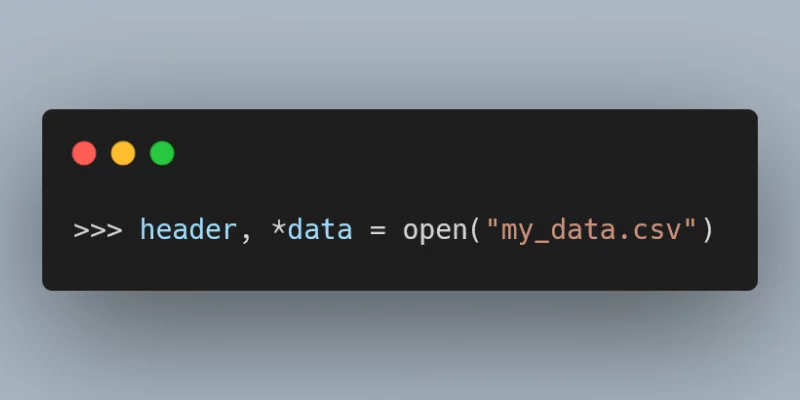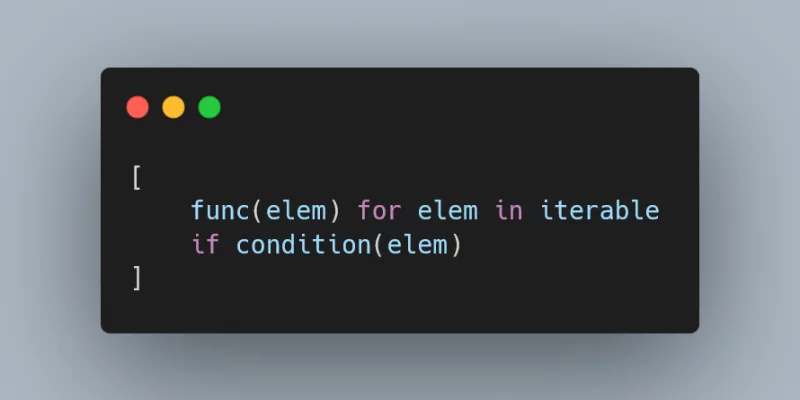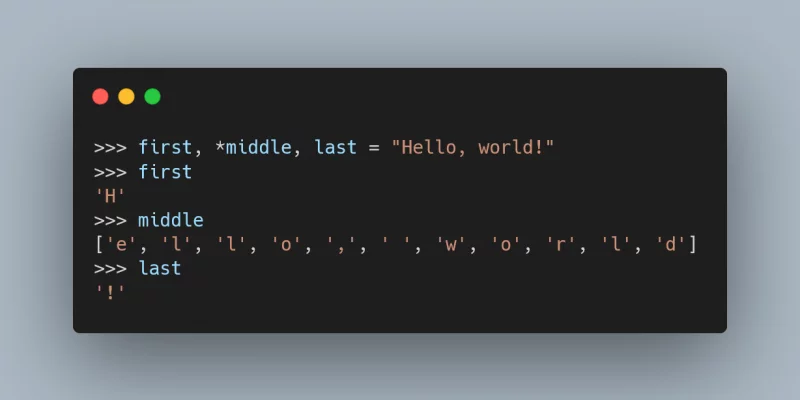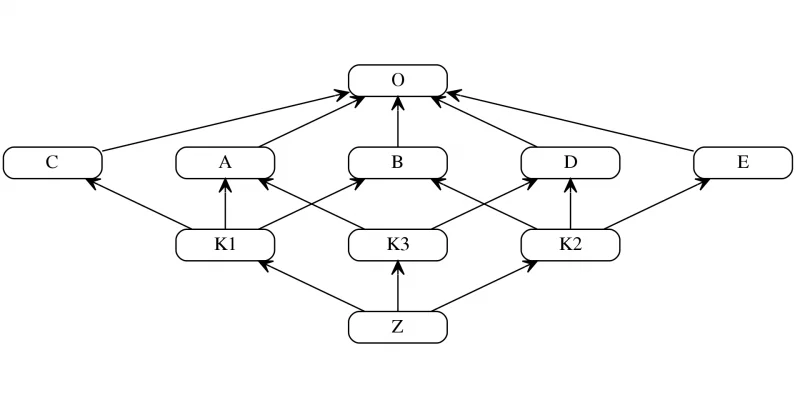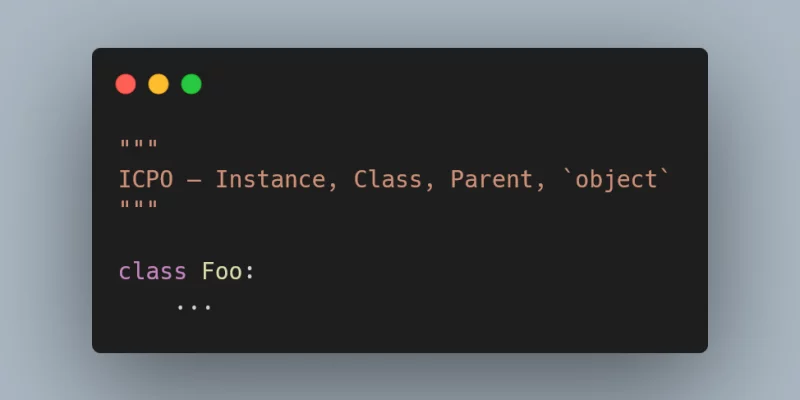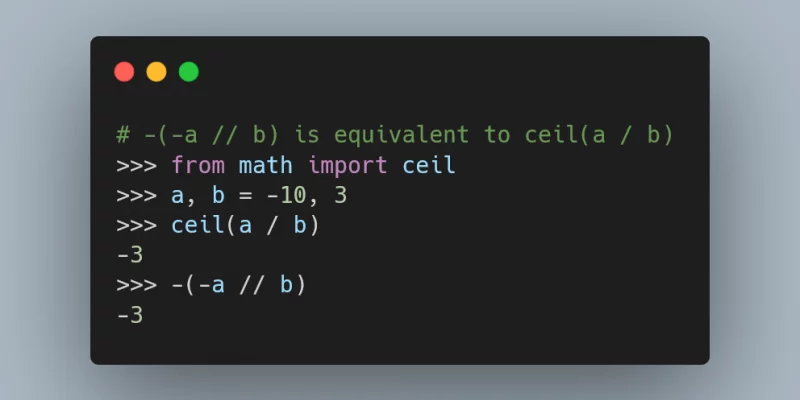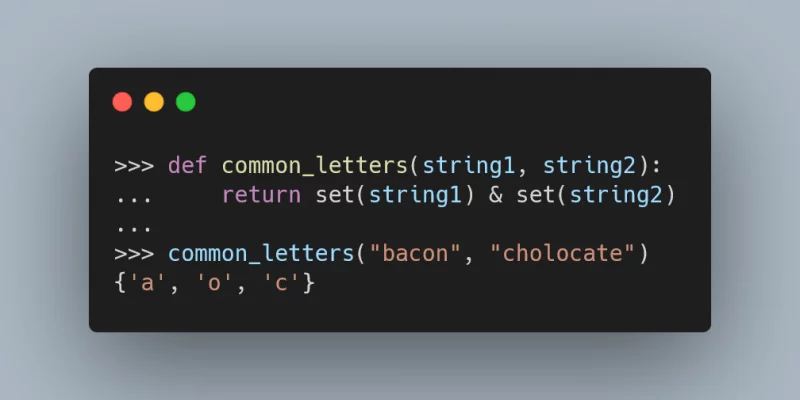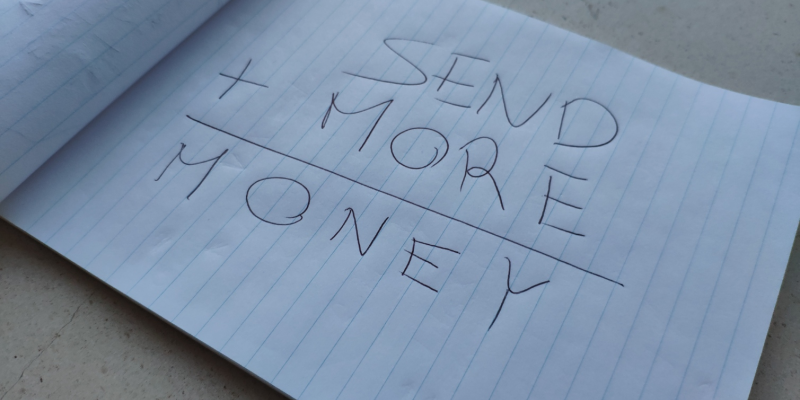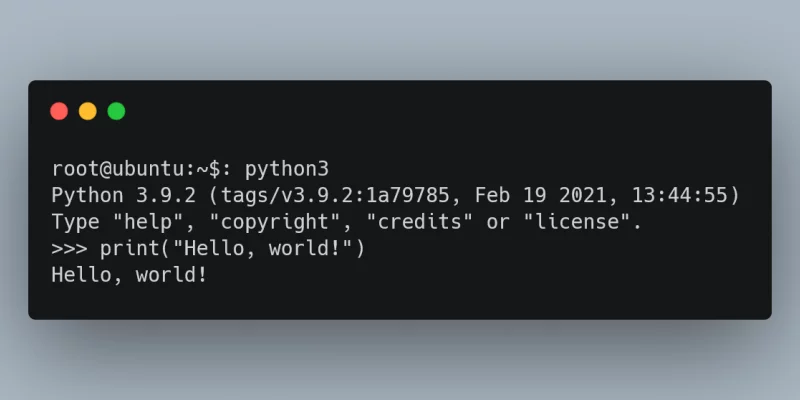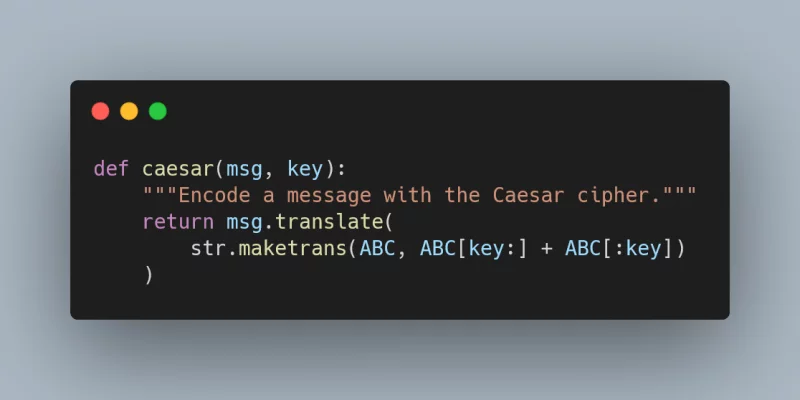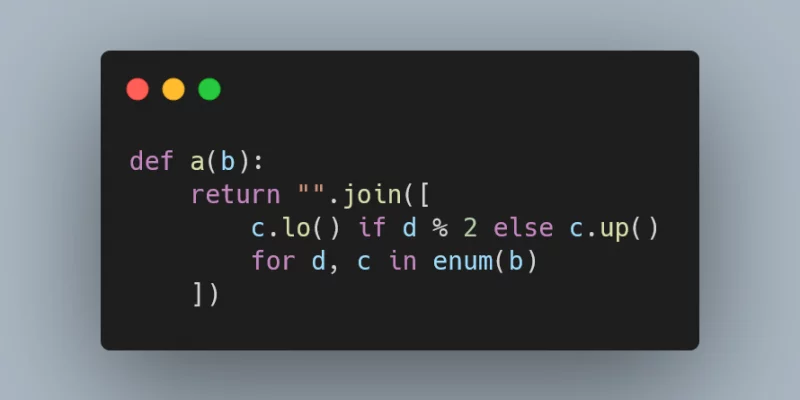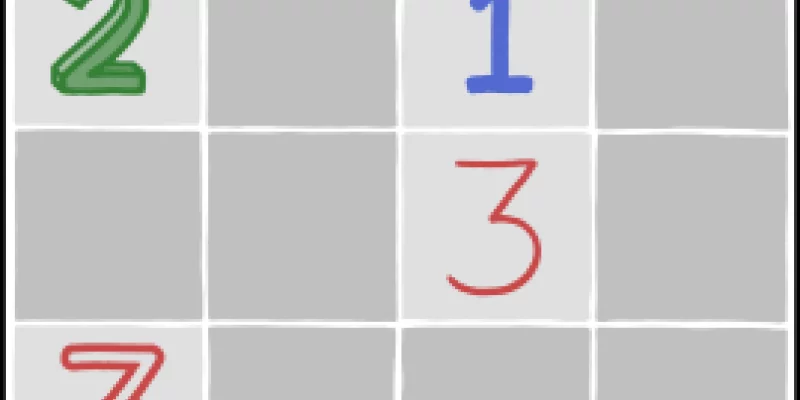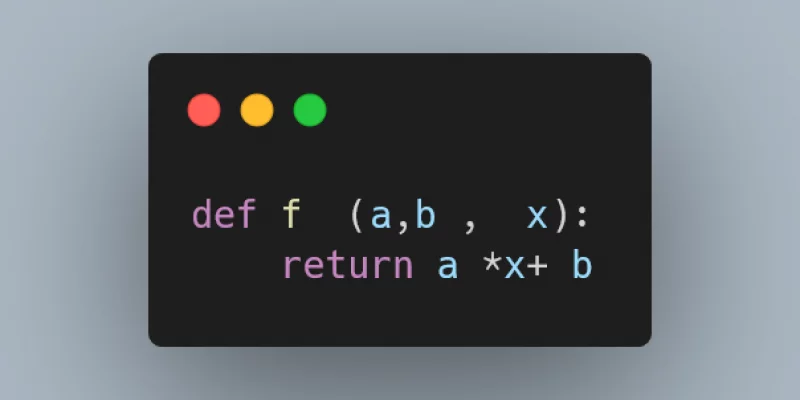This Pydon't will teach you the basics of list comprehensions in Python.
Today I learned about an algorithm that Python uses to sort out inheritance.
Today I learned about the ICPO rule for attribute lookup in Python.
Today I learned how to do ceiling division in Python just with //.
This Pydon't will teach you how to use the set and frozenset Python built-in types.
In this Pydon't you'll learn how to make the best use possible of the Python REPL.
If I scramble a Rubik's cube for long enough, will it solve itself?
In this Pydon't you will learn the Python string methods translate and maketrans.
In this Pydon't you'll learn the importance of using good names and I'll give some tips to help you.
In this article of the NNFwP series we'll do the “student-teacher” experiment with two neural networks, where one network will learn directly from the other.
It's night time and 4 friends need to cross a fragile bridge, but they only have one torch. What's the order in which they should cross?
In this Pydon't I talk about Python style and I go over some tools you can use to help you remain within a consistent style.
In this Pydon't I show you why refactoring is important and show you how to do it in little steps, so that it doesn't become too overwhelming.
Three friends are given three different numbers that add up to a dozen. Can you figure out everyone's numbers?
